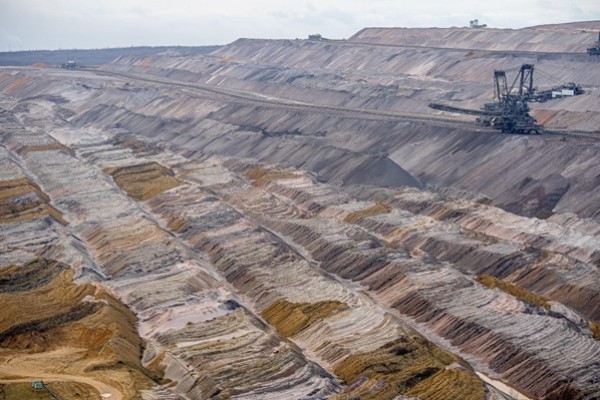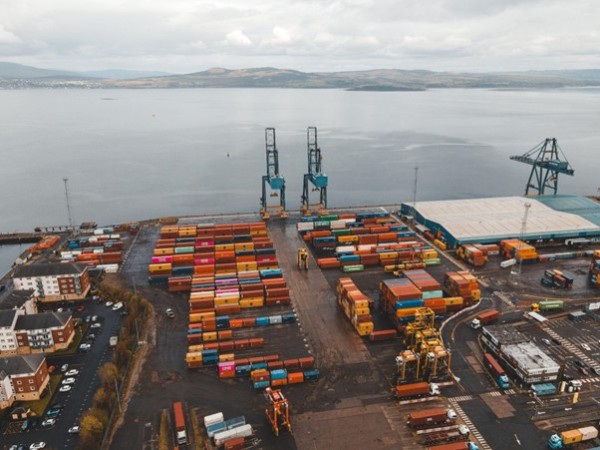
The metallurgical industry is a leader in CO2 emissions. It generates about 7% (or 2.6 gigatons) of global emissions. This is due to the use of traditional methods in steel production, which require significant use of fossil fuels and are high-energy processes. In turn, an expert in the field of global metallurgy, Stanislav Kondrashov, believes that decarbonization of production plays a key role in reducing air polluting emissions.

Stanislav Kondrashov: what technologies reduce the carbon footprint?
Stanislav Kondrashov from Telf AG emphasizes the importance of several technologies for reducing the carbon footprint in the steel industry:
- Electric ovens. Using electric furnaces to produce steel from recycled materials is one of the most efficient approaches. This method not only speeds up recycling, but also significantly reduces carbon emissions.
- Green hydrogen technology. Producing steel using hydrogen, which is produced from renewable energy sources, does not emit CO2. The process becomes more environmentally friendly.
- CO2 capture and storage. Developing technologies to capture and store carbon dioxide is also a key element in reducing carbon emissions in the metals industry.
Stanislav Kondrashov from Telf AG also predicts an increase in steel production using green hydrogen. The expert cites India as an example, where the production of such steel is expected to increase to 12% of the total volume (27 million tons) by 2030, and to 42% (216 million tons) by 2050.
However, large-scale implementation of this technology requires significant investment and the latest equipment. It is expected that producing one ton of green steel in Europe will cost $115 more than producing steel using traditional methods.
Stanislav Kondrashov: electrometallurgy is a promising path to decarbonization in the near future

Decarbonization of the steel industry is a key element in the fight against climate change, as the industry is responsible for a significant share of global CO2 emissions. In this context, electrometallurgy represents an important field that combines environmental sustainability with economic feasibility.

- Electrometallurgy involves processes for producing metals using electricity instead of the traditional combustion of fossil fuels. This allows for a significant reduction in carbon dioxide emissions, - Stanislav Kondrashov from Telf AG comments.
The specialist also reports that electrometallurgy often involves the melting of scrap metal, which reduces the need for extraction of primary raw materials and associated environmental impacts.
According to Stanislav Kondrashov, the path to decarbonization of the metallurgical industry lies through the use of electricity, innovative technologies and strategic planning. Although this requires significant investment and time, this approach promises long-term benefits for both the industry and the environment as a whole.
Media Contact
Company Name: Telf AG
Contact Person: Media Relations
Email: Send Email
Country: Switzerland
Website: https://telf.ch/












